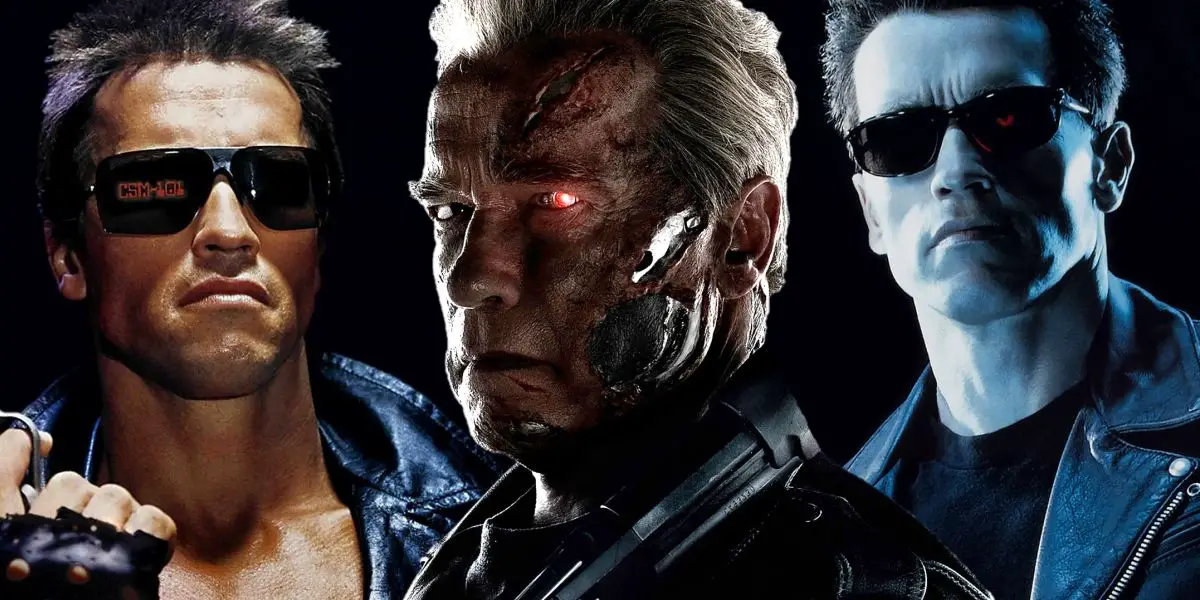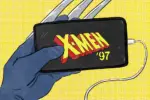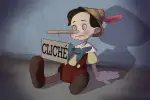The Rebootles Invasion
Das Reboots are blitzkrieging American cinema, but should you be worried?
By Jacoby Bancroft, University of Nevada at Reno
“How dare Hollywood! Those money-grubbing leeches are making a reboot of *insert beloved movie from the past here* and ruining it! That’s it—this proves that Hollywood has run out of original ideas!”
This argument, once vocalized only by dads, has gotten pretty popular in recent years. What started as a small concern has snowballed into outcry as more and more people acknowledged the shrinking number of original properties being produced on an annual basis.
By shying away from anything resembling a big budget original movie, Hollywood has earned itself a negative image that it can’t seem to shake. The summer season, once a beacon for new franchises and tentpoles, has now become solely dominated by sequels, prequels, side-quels, future-quels, Peter-quels, remakes and of course, reboots. Anything that will help Hollywood avoid originality.
The market has become so oversaturated with remakes and reboots that Hollywood has developed new subgenres for the two categories.
Reboots in particular are the most interesting to focus on, as there are now two different types.
One of them is the soft-reboot. A soft reboot is born from a movie that performed unremarkably at the box office, leaving it in a weird, limbo state that makes studio executives nervous. It didn’t earn enough to justify a sequel, but didn’t bomb so hard that the studio failed to make money. The soft-reboot allows for slight changes to be made without having to completely scrap the franchise and start over.
Hard reboots are more drastic. They occur when a project needs to be completely rebuilt because either the previous iteration sucked, or too much time has passed to make a logical continuation. To make things simpler, imagine a movie as a dinner salad you’re making. A soft reboot would be required if you made a small mistake, like adding a tablespoon of extra dressing. A hard reboot would be needed if you accidentally swapped the ranch with mayonnaise.
People criticize Hollywood for the growing reboot trend, but really the fault is entirely our own. Hollywood latches onto what’s making money, and despite the anti-reboot rhetoric of modern audiences, studios are making money hand over fist by dusting off old films.
Don’t blame studios, but don’t blame yourself: if you’re buying a ridiculously overpriced ticket and a ridiculously overpriced barrel of popcorn (plus hot dog, Icee, Dippin’ Dots, Gummy Bears, nachos and very strong antacids), it’s nice to have some guarantee that you’ll like the movie that’s costing you four weeks of beer money.
For those who bemoan the fact that Hollywood devotes more time mining beloved franchises for potential reboots than developing original content, look no further than this summer’s box office totals to understand why. “Jurassic World,” a soft-reboot of the famous dino-adventure, is now the third highest grossing movie of all time. On the other hand, “Tomorrowland,” one of the few original big budget films of the summer, was one of its biggest flops.
What happened to “Tomorrowland”? It took a well-liked director, Brad Bird, paired him with one of the most recognizable movie stars on the planet, George Clooney, and delivered a fantasy film very much in the same vein as “Jurassic World.”
No one seemed to care. It made $93 million domestically on a $190 million budget. The movie’s failure will hurt Hollywood moving forward. If studio executives weren’t already afraid of original blockbusters, now they have even more proof that audiences don’t flock to theaters to see new something entirely new.
This leads Hollywood to channel their energy into reboots. Not a day goes by without some tidbit of news detailing the possible reboot of a long-dormant franchise. Nothing is safe anymore. From popular films (“Ben-Hur,” “The Fugitive,” “The Magnificent Seven,” “Ghostbusters”) to cult classics (“Big Trouble in Little China,” “Cliffhanger,” “The Crow”) to films that missed the mark the first time around (“I Know What You Did Last Summer,” “League of Extraordinary Gentlemen,” “Tomb Raider”), everything is fair game.
Although reboots will make up a large part of the movie landscape for years to come, most of them fail to drum up much love. Of course there are a few standout exceptions, “Jurassic World” being one of them, but they’re usually deemed unnecessary and pointless, adding nothing substantial enough to justify their existence in the first place. It’s a stigma that has plagued Hollywood relentlessly in the past few years, and it has cast a dark shadow on any reboot that tries to get off the ground.
But here comes a bold statement: I think reboots are a great idea.
WAIT! Before you pick up your torches and pitchforks to angrily march on Study Breaks headquarters, let me explain.
I don’t vehemently oppose the concept of reboots like many of my generation—I just think Hollywood hasn’t figured out how to do them properly yet.
The most important element missing from modern reboots is cultural relevance. When the originals films came out twenty, thirty, forty years ago, they meant something. Movies are made for the audiences of their time, and every single original movie ever made reflects some issue or popular thinking that was significant during the time period the film was released.
When a film is rebooted, it almost always loses that special aspect. We as an audience can’t connect with them because most reboots don’t bother reflecting modern culture. They’re so preoccupied with properly paying homage to the original that they fail to say anything that matters today.
For example, take this summer’s Terminator soft-reboot, “Terminator: Genisys.” It attempted to tell an updated version of the 1984 classic “The Terminator,” but fell flat. The original came out at the height of the technological revolution, so the fear of robots rising up to destroy mankind was a relevant and topical issue.
The reboot stripped away any of the underlying fear that was present in the original film and replaced it with a big dumb action-fest. It wasn’t trying to say anything important; it just wanted to deliver a film that satisfied fans from young and old generations.
Where most reboots falter is their inability to strike a proper balance between honoring the original and creating something that stands on its own. This tricky balancing act proves how fickle movie audiences really are. If a reboot spends too much time pandering to an audience who loved the original, packing its runtime with winks and nudges for long-time fans, it’s too afraid to branch out. If it blazes its own trail and crafts something entirely new, it’s accused of not respecting the source material. It’s a no-win situation, which highlights how the real problem is the audience.
We should be proud of all the reboots dominating the movie landscape, but the staggering number does rightfully raise a few eyebrows. And while everything appears to be getting some form of a reboot, that should actually be cause for excitement.
If done correctly, reboots can be a worthy continuation of an outdated adventure that was begging for a modern makeover. Although we love to defend old movies as masterpieces, sometimes we’re too blinded by nostalgia to see how dated they movies are.
In those cases, reboots can work to introduce an entirely new generation to a franchise they’ve never seen before. A reboot’s greatest achievement is getting a viewer curious enough about the original to go back and watch it. A reboot’s job should be getting people so interested in the franchise that they go out and search for more stuff.
But a huge flaw with the current crop of reboots is that they give off a competitive vibe.
It feels like they’re trying to outdo the original film in some weird, macho way, when really they should mesh well with one another.
Maybe audiences would be more embracing of the onslaught of reboots if we fostered a culture that celebrated both original and reboot films, instead of constantly pitting them against each other.
The way things used to work, when a movie crashed and burned, studios had no problem waiting an extended period of time before they reintroduced the franchise back into the public with a brand new direction. Now, Hollywood values brand recognition more than it fears discontinuity, which leads producers to reboot a franchise that they see as potentially profitable as soon as they possibly can.
That, along with the tendency to reboot popular old film series at an alarming rate, is how the film landscape became so reboot-oriented. And with over ninety-three reboots currently in development, you’d better get used to it.
















